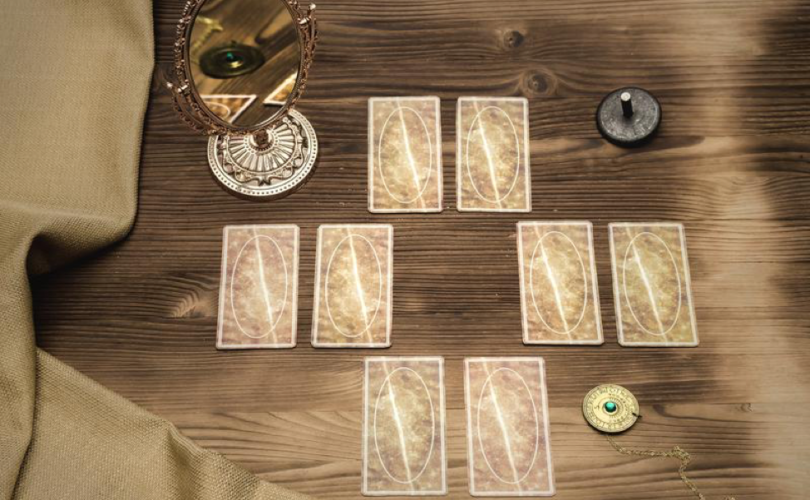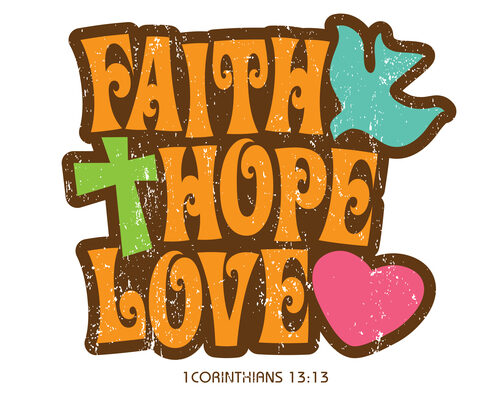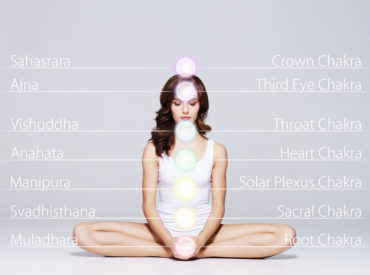The mention of tarot cards can spark images of esoteric practices. In reality, tarot cards are a tool for those who practice the art of divinity and a game. Some believe every person has a psychic ability, and where you have obtained that gift varies between belief systems. Tarot cards and readings work as a medium between you and the divine force. For Christians, this could mean God or his angels.
What is a tarot deck?
A standard tarot deck contains 22 major and 56 minor arcana cards. Five suits generally compose each deck: wands, coins, swords, cups, and trump cards. Each card can have multiple meanings, depending on their placement in a spread, the type of deck, and the reason behind the reading.
The history of tarot
Many people debate when, how, and where the original tarot cards came from. As far as evidence goes, Italy is where they originated; the oldest surviving deck dates to the 14th century. However, people did not use them for fortune telling, but as playing cards for various card games. In fact, the original suits we see in today’s tarot decks are still in use in Italy, Spain, and Portugal’s traditional playing cards.
During its early days, no one (including the church) condemned the use of tarot cards with the exception of an unnamed Dominican preacher who spoke out generally about the evils of gambling and made mention of cards as one method. This could be because the cards were not used for divining the future until far later in the 1700s when an anonymous manuscript proposed the cards had spiritual meanings.
Between the time of inception to the published manuscript, history shows little use of them as a divining tool; however, in 1789, with an unfounded belief that tarot came from the Book of Thoth, Jean-Baptiste Alliette (Etteilla) designed what now comprises the modern tarot deck’s 72-card structure.
Who typically practices or believes in it?
Anyone can choose to believe or not believe in tarot cards. Religion or walk of life matters little. Some believe they can be useful tools while others believe they are dangerous. Many more think them nothing but a hoax. Some psychics do not believe in tarot cards, and many who follow other earth-centered religions do not either.
Practitioners of the occult are not the only tarot users for divining purposes and teaching tools. While there are personal stories, abound about their dangers and testimony about the occult, history, and science (on psychic studies) contradict this. However, tools in the wrong hands can undoubtedly cause problems, and misinformed people can misuse or misinterpret them. This is true with other less taboo subjects.
Can a reading offer insight into romance and relationships?
No scientific research supports tarot having any bearing on relationships. Studies suggest that a standard set of beliefs and values are critical for marriages to succeed–even if those beliefs may be unorthodox or unscientific. If you are missing these crucial points from your relationship, no tarot, rune, star chart, or other divination will give you the insight you need because you already know the problem is a conflict of beliefs and values.
It is common for people to have a reading done as a way to confirm what they already know or suspect. These topics can vary from affairs to hiding secrets. Is there a benefit to a second and outside opinion? Yes, especially when you need someone outside of your family or circle of friends. Whether you do your own reading or find someone else, it might give you the peace you seek.
Is there evidence of value in tarot cards?
Aside from entertainment, there is little evidence to support its value as a divining tool that predates the 18th century. The cards and definitions are human-made, and they are at best, inspired by the fictional Egyptian Book of Thoth. Can they ever be right? Few countries study mediums and their connection with psychic ability, so while the tarot might be unscientific or unorthodox to some, believers in the practice continue to insist that tarot is a valuable tool for obtaining such insight.
People do still enjoy the original tarot card games in Europe, such as tarocchini, tarocco, tarock, tarok, or tarokk. They have nothing to do with fortune telling, and many regional variations of the games exist today. Few games occur outside of Europe.
Science can neither prove nor disprove psychic ability on a grand scale, but history does show us that tarot cards originated in the 14th century, were a precursor to modern playing cards, and were not used for divination until centuries later. At best, they have glorified playing cards with often beautiful artwork that depicts mythology and a world and time long past.
If you’re looking for hope and answers, spend some time reading this article on what spiritual healing can help with. And if you decide that you would like some help and guidance, get in contact with us.






